Increased demand for Platelet-Rich Plasma amid rising dengue cases
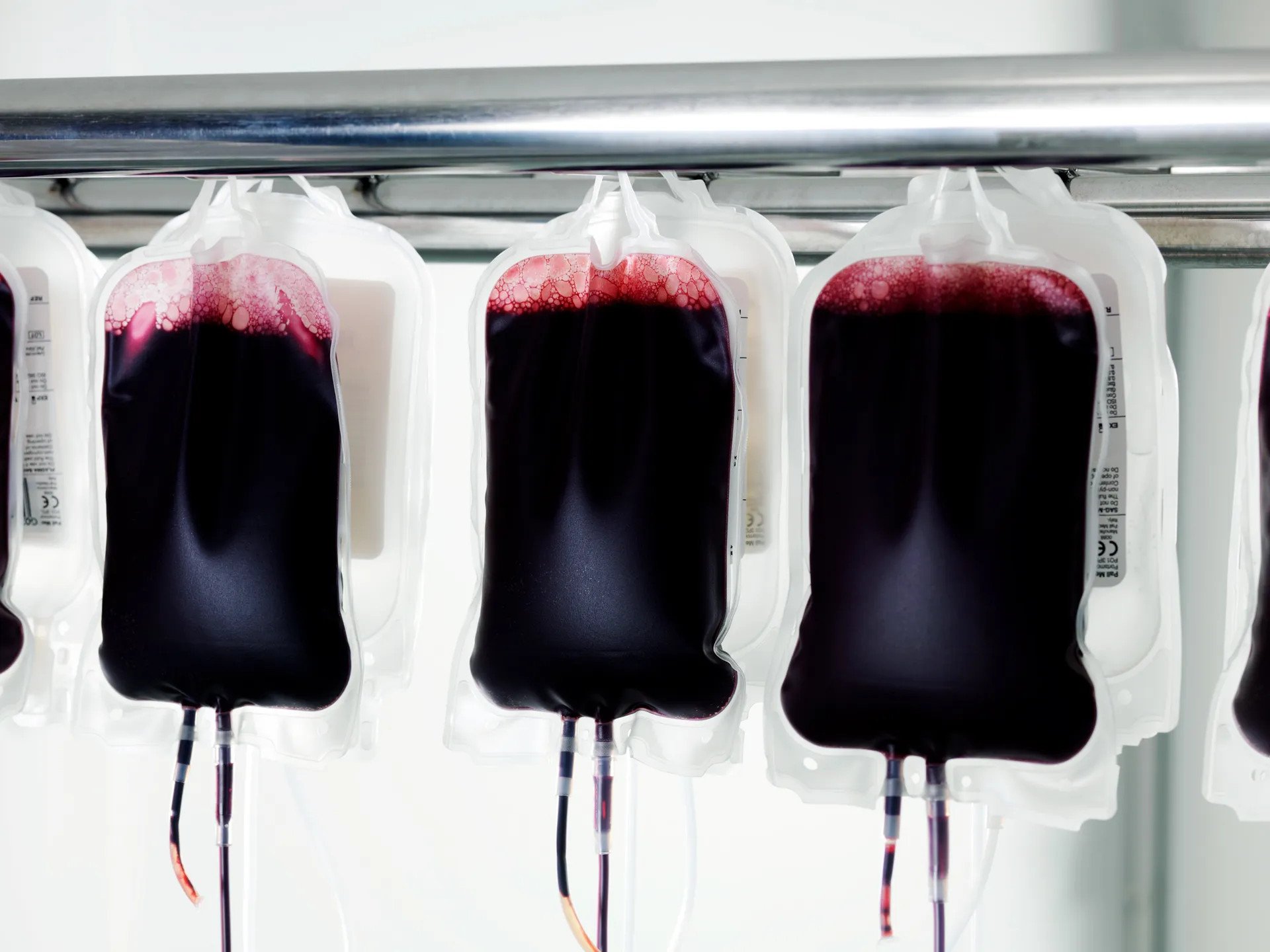
Kathmandu, October 18 — With the rising cases of dengue, a nationwide shortage of blood has begun to manifest. The Nepal Red Cross Society has stated that factors such as flooding, landslides, dengue, and the festive season are contributing to this shortage across the country, including in the valley.
Pawan Kumar Gupta, Director of the Central Blood Transfusion Service at the Nepal Red Cross Society, noted that the demand for blood has diminished in comparison to previous periods due to the Dashain and Tihar festivals.
He indicated that, due to the current surge in dengue cases, there has been an increased demand for platelet-rich plasma (PRP). Although the need for platelets is steadily growing, the influx of people returning home for the festivals has hindered blood collection efforts, making it challenging to meet the demand. He assured that the Red Cross has an adequate supply of red blood and whole blood. However, he emphasized the necessity of fresh blood for PRP, citing a shortfall in donors.
Gupta explained that up to seven units of PRP may be required for a single patient. Currently, the Red Cross has managed to fulfill approximately 70 percent of the demand. He reiterated the importance of regular blood collection to address the increased need for PRP due to the rise in dengue cases and called upon the public to donate blood at nearby centers.
He stated, "While daily demand appears reduced during the Dashain and Tihar festivals, the demand for platelet products (PRP) and platelet concentrates has surged significantly. This increase is primarily attributed to the ongoing dengue outbreak, which has heightened the need for platelets. We have sufficient supplies of red blood and whole blood, apart from platelets."
Gupta continued, "The shortage of PRP is evident. We are struggling to meet the rising demand for PRP, which necessitates daily blood collection to ensure proper management. Fresh blood is required to produce PRP, and we must separate the PRP within six to eight hours of collection; it cannot be produced from stored blood. Our donation numbers have historically declined from Dashain to Tihar. For a single patient, as many as seven units of PRP may be requested. Currently, we have managed to meet about 60 to 70 percent of the demand."
He also mentioned that necessary initiatives are underway to enhance blood collection efforts. Citing the ongoing dengue epidemic, he urged everyone to contribute by donating blood, noting that they are collecting between 100 to 150 units of blood daily to produce platelets.




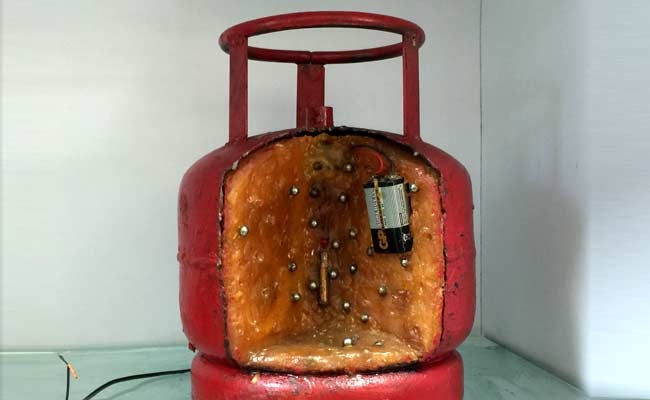
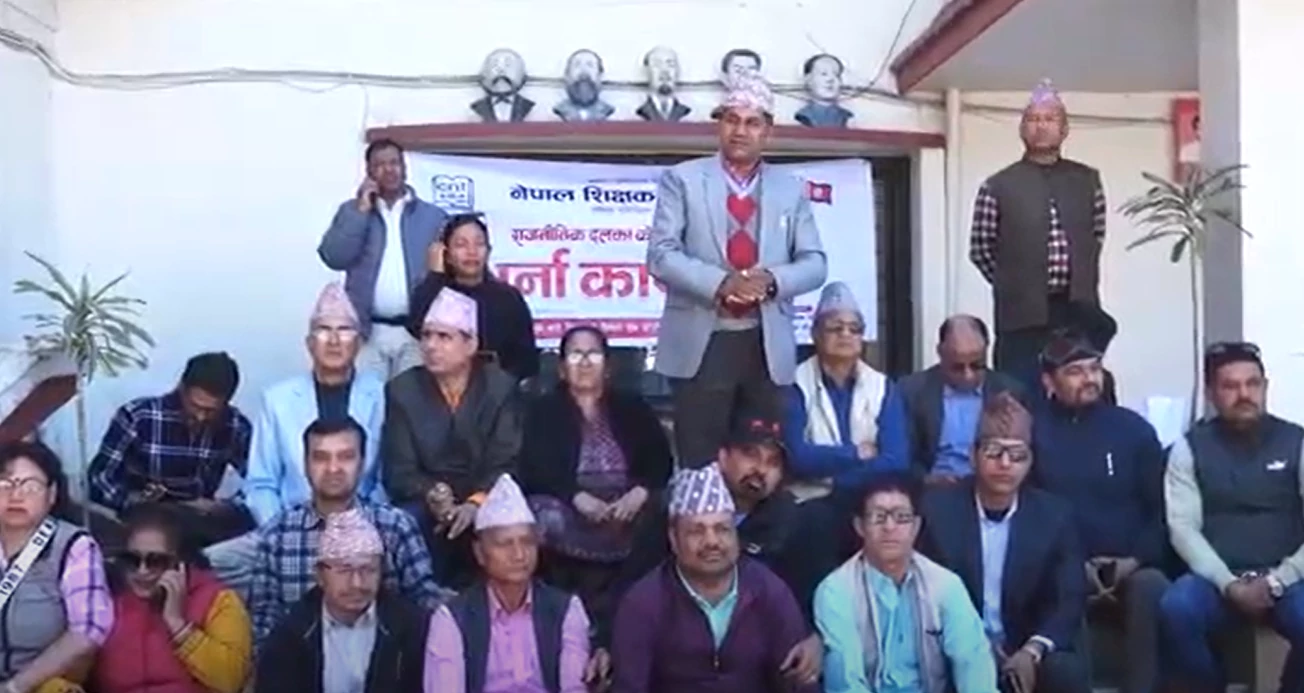
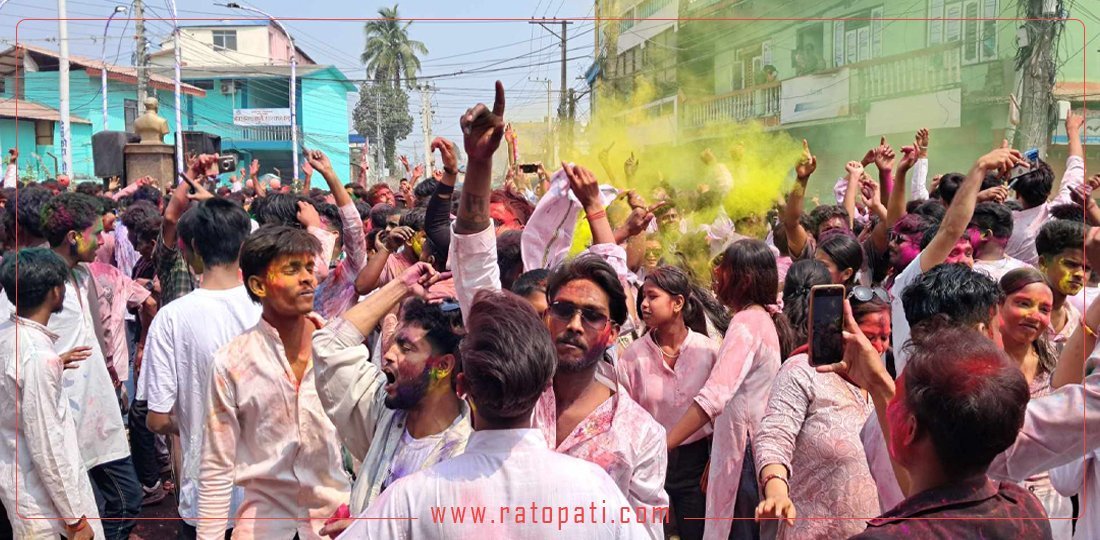

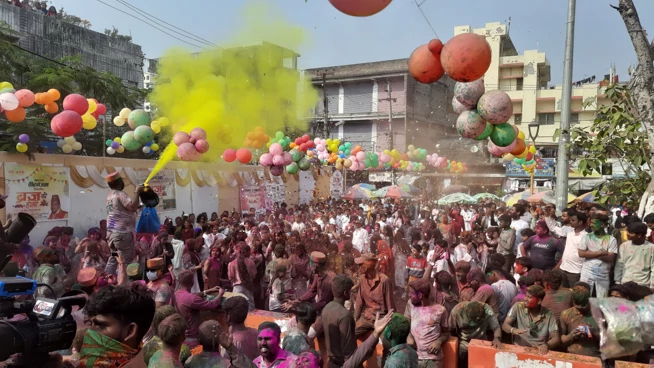
Leave Comment